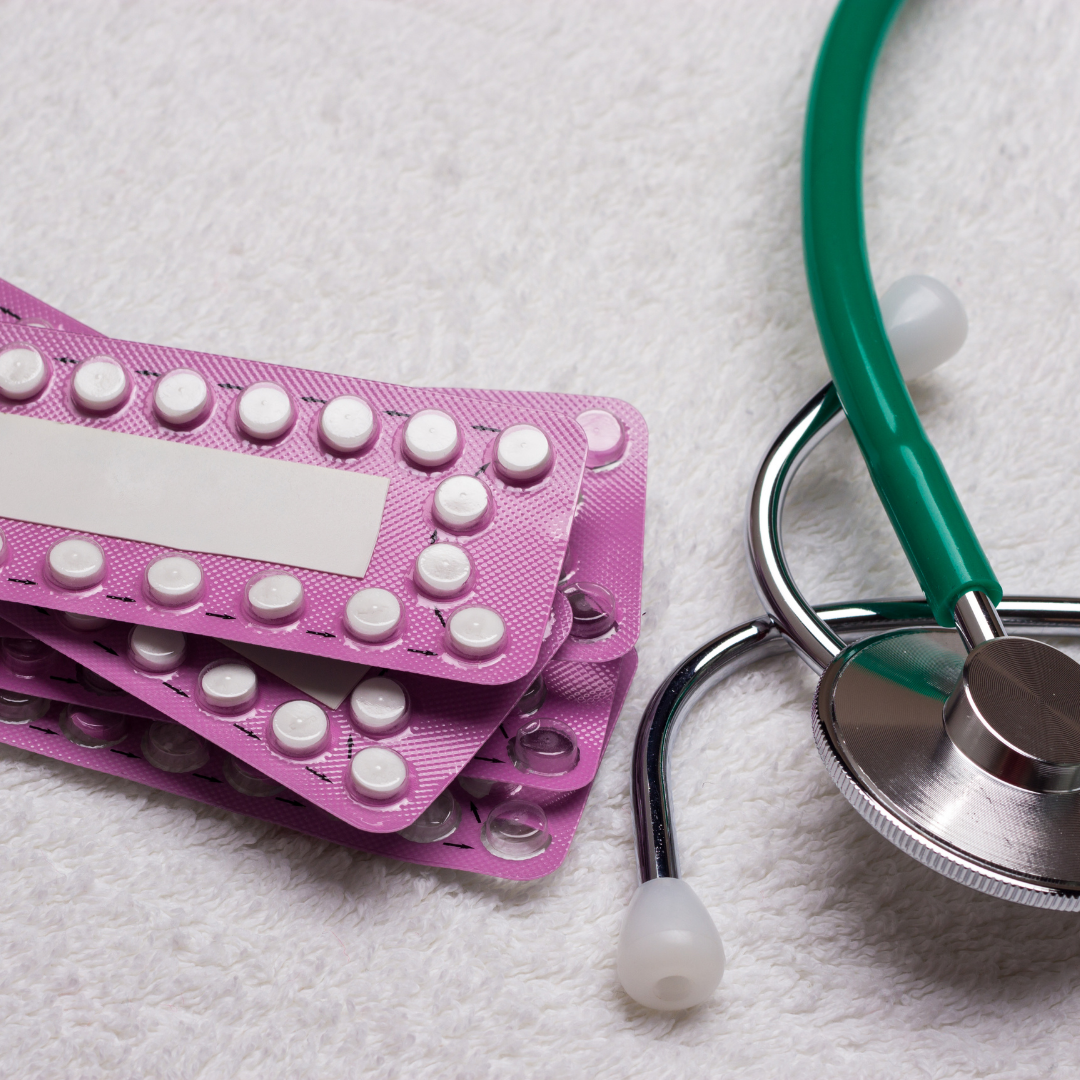
If You Think You Can’t Have HRT, Think Again
Many women are incorrectly told, or indeed worry themselves, that they can’t have Hormone Replacement Therapy (HRT) because of other health conditions (known as contraindications). This isn’t always the case. In most cases, HRT is possible and it’s definitely worth a conversation with a menopause specialist doctor to understand the latest evidence-based guidance for you and your individual circumstances.
Endometriosis
Endometriosis is a condition where cells that line a woman’s womb are found outside the womb. These cells are sensitive to oestrogen. Endometriosis can cause various symptoms, and some women will have their womb and possibly ovaries surgically removed because of it. However, having endometriosis, or having a past history of it, doesn’t mean that you can’t have HRT.
Depending on the extent of the endometriosis, some women are advised to have a progesterone or progestogen alongside oestrogen, even if their womb has been removed by hysterectomy. The progesterone or progestogen in this situation would be taken to avoid triggering symptoms from any endometrial cells being stimulated by oestrogen.
There isn’t currently enough evidence available to guide doctors of the ‘best’ HRT regime for women with endometriosis, and the lowest dose of oestrogen to control menopausal symptoms is advised. There is a possible low risk of endometrial tissue changing and becoming cancerous. However, the actual risk of this is unknown, and more data is required to provide official guidance for doctors.
Fibroids
Fibroids are growths which can develop in and around the womb. They’re made up of muscle and fibrous tissue and are oestrogen sensitive. Fibroids generally shrink in size in the menopause when oestrogen production from the ovaries declines and then stops.
If you have fibroids you can take HRT. It’s unlikely to cause significant growth of the fibroids. The size and position of the fibroids is what matters. If you have fibroids and start HRT, you will be advised to tell your doctor about any symptoms which may indicate the fibroids are causing symptoms. Where necessary, an ultrasound scan can be performed to check the fibroids and assess if they have changed in size.

Migraines
HRT given via the skin as a patch, gel or spray (transdermal application) is safe to be taken if you experience migraine with or without aura. Oral oestrogen shouldn’t be taken if you have migraine with aura because of the small increased risk of clots with oral forms of HRT.

Overweight
If you are overweight transdermal oestrogen is the safest application type. There’s no evidence to suggest that taking HRT causes weight gain. In fact, some women find they lose weight with HRT and they are able to become more active and be more mindful of their diet.
High blood pressure
HRT can be prescribed with high blood pressure, and again transdermal oestrogen is the safest option. It’s important you see your doctor and aim to reduce your blood pressure if it’s raised. Raised blood pressure can be managed with your doctor alongside HRT.

Diabetes
HRT is safe to use if you have diabetes, and will not interfere with any medication you might be taking to control your blood sugars. Again, like some of the conditions above, transdermal application types are the safest option.
There are some studies that suggest taking HRT before the development of diabetes can reduce the risk of type 2 diabetes in the future.
Histamine intolerance
Oestrogen and histamine are linked, although the exact nature of this relationship is not well understood. When oestrogen levels are increased, you tend to release more histamine in the body. Oestrogen can also reduce the efficiency of an enzyme called diamine oxidase, which breaks down histamine.
Some women with histamine intolerance find taking oestrogen replacement can worsen their histamine intolerance symptoms.
Symptoms of histamine intolerance and low oestrogen can be very similar, and it can be difficult to know which is the underlying cause. This is itself a specialist area, and if you have a diagnosis of histamine intolerance, seek support and advice from a doctor who has an interest in histamine intolerance about how HRT could be taken and tolerated. Any plan would need to be individualised.
In summary
There is a lot of misinformation about contraindications to HRT. If you experience any of these conditions, but want to consider HRT to help manage your peri menopause and menopause symptoms, then it’s important to understand the risk benefit for your individual circumstances with the help of a menopause specialist.
Dr Emma Ping qualified as a GP over 20 years ago, and is dedicated to providing evidence-based menopause care. She is passionate about offering women holistic, patient-centred, bespoke advice and empowering them to maximise their wellbeing and long-term health at any age. She recognises that every woman’s situation is unique, and understands the difference positive advice and treatment can have on the way you feel and quality of life. She has a special interest in genitourinary syndrome of the menopause.
Dr Emma Ping is part of the team of Menopause Specialist GPs at https://menopausecare.co.uk/
www.harleystathome.com | Instagram @harleystreetathomemenopause
Facebook: Search Harley Street at Home: Diagnosis, Symptoms & Treatments or Harley St at Home: Lifestyle, Self-Care and Lifestyle to join our private community



